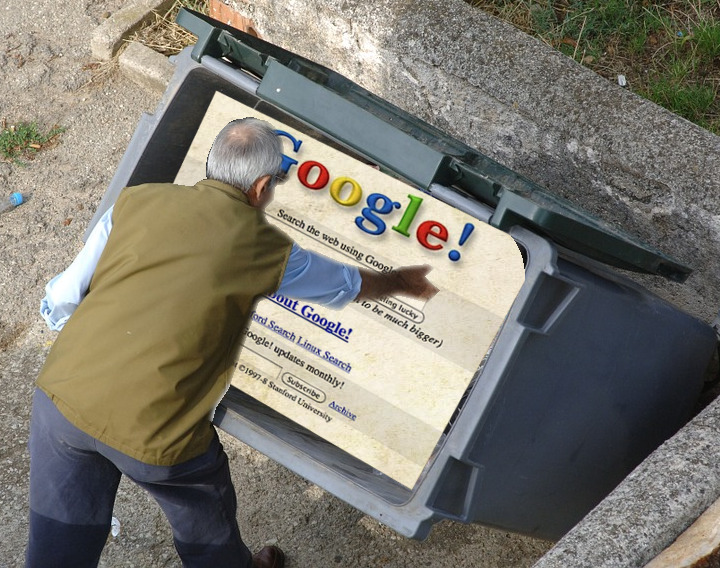
XML pioneer and early blogger Tim Bray went looking through Google for some posts he knew about from 2006 and 2008 and found that Google couldn't retrieve either of them, not even if he searched for lengthy strings that were exact matches for text from the articles; he concluded that "from a business point of view, it’s hard to make a case for Google indexing everything, no matter how old and how obscure," and so we could not longer rely on "Google’s global infrastructure as my own personal search index for my own personal publications." (more…)


